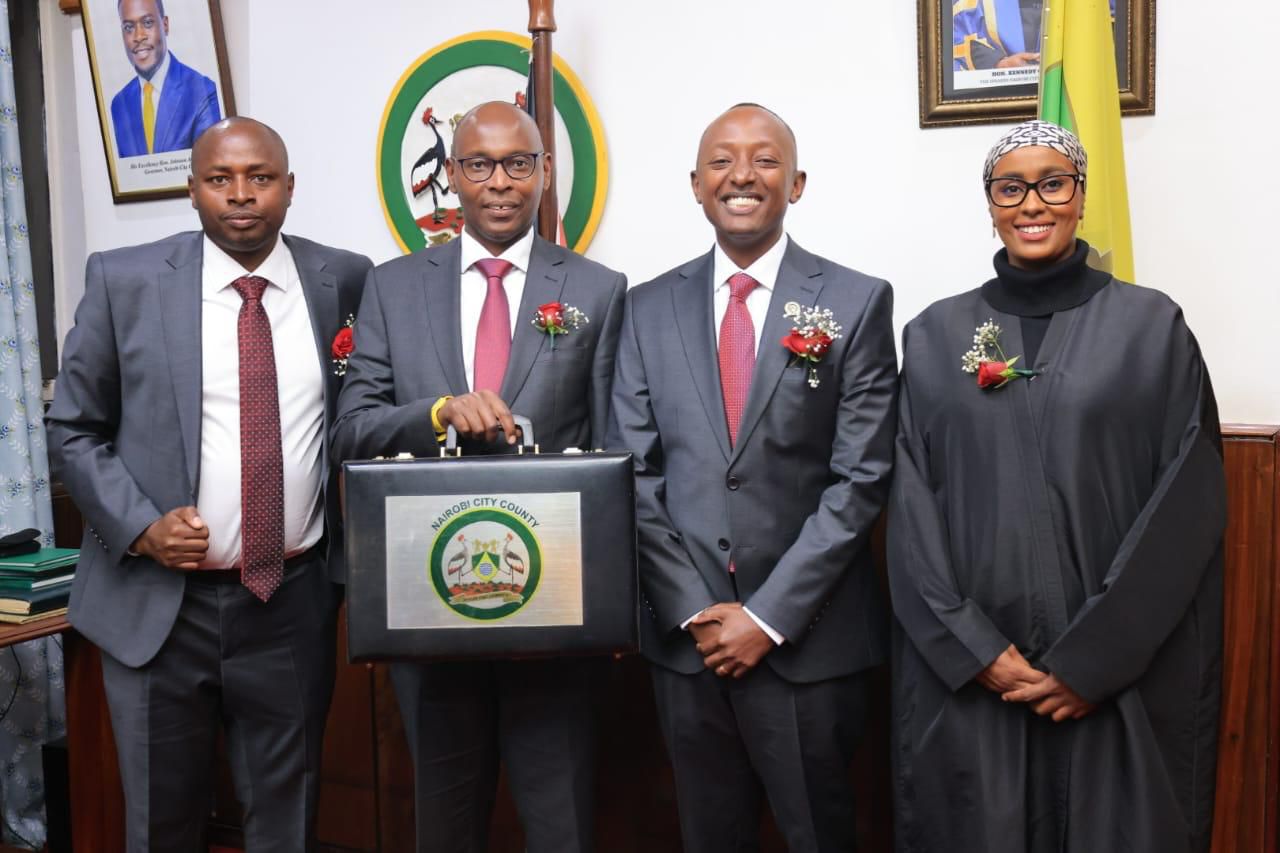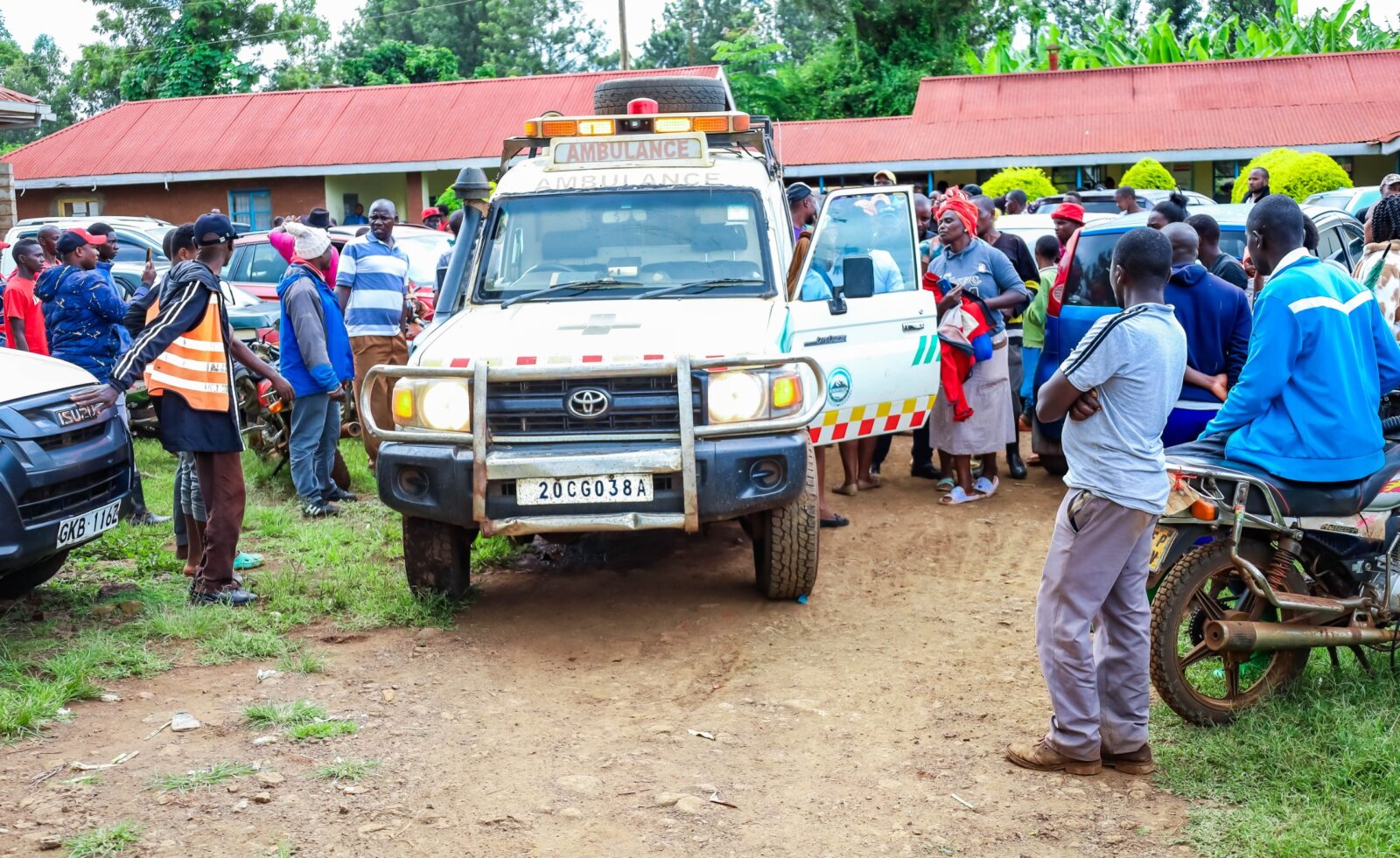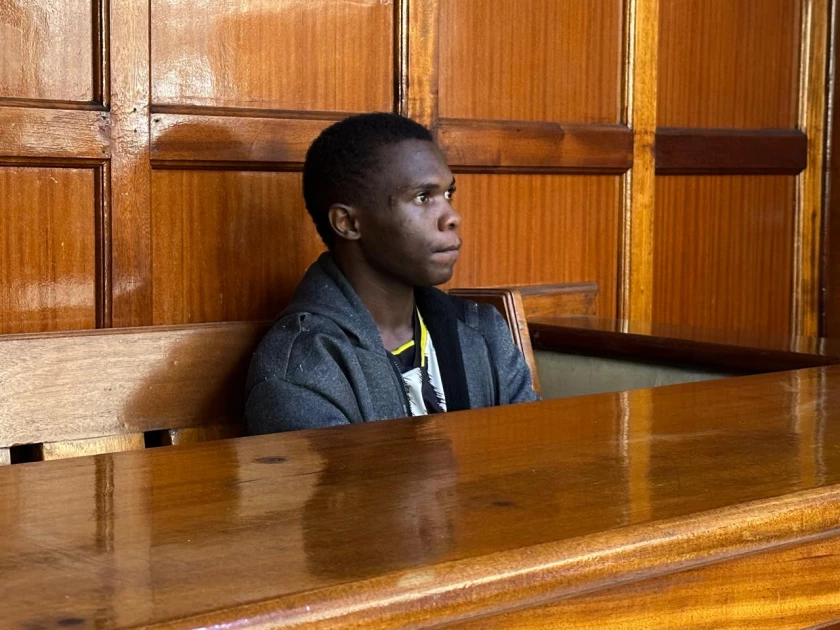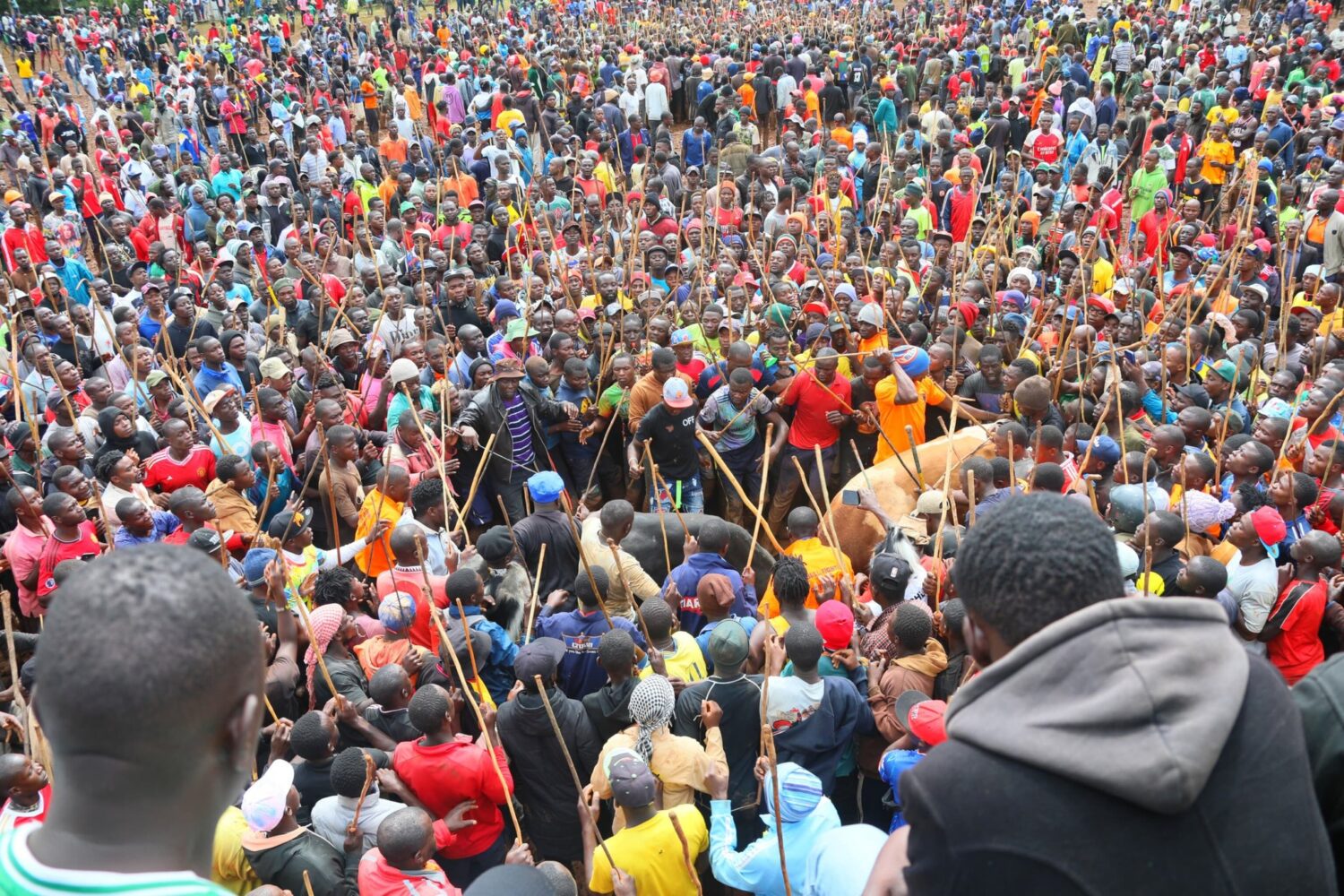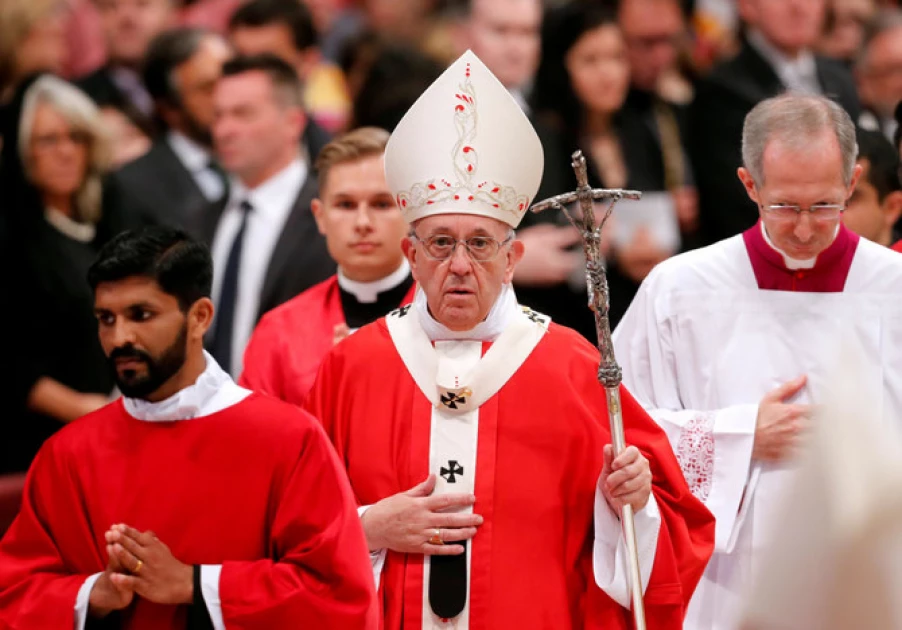Nairobi Governor Johnson Sakaja has signed into law the budget for the Financial Year 2024/2025, which is the highest ever approved by the county government.
In a significant move, Nairobi County has announced that there will be no increase in fees and charges during this period. Instead, the county will focus on enhancing revenue collection by ensuring businesses comply with licensing requirements.
The decision aims to alleviate financial pressure on residents while still funding critical development projects.
Finance CECM Charles Kerich, while tabling the fiscal and revenue framework of the FY 2024/2025 Budget and expenditure estimates, revealed several key proposals to drive the county’s growth and improve service delivery.
One of the main highlights of the proposal is the introduction of boroughs to decentralize services, making them more accessible to residents. A budget of KSh287 million has been allocated for the completion of borough, sub-county, and ward offices.
“This initiative is expected to streamline administration and improve the efficiency of public services across the county.” Kerich said.
In a bid to enhance healthcare services, the county has set aside KSh200 million for non-pharmaceuticals and a substantial KSh1 billion for the construction, equipping, and rehabilitation of health facilities. These funds aim to improve healthcare access and quality for Nairobi’s residents.
Further, With an emphasis on infrastructure development, KSh1.95 billion has been allocated to ward-based projects. These projects will focus on upgrading local infrastructure, including roads, drainage systems, and public facilities, to improve living conditions across Nairobi.
The county has further allocated KSh800 million for a feeding program in public primary schools and Early Childhood Development (ECD) centers.
“This initiative is expected to benefit approximately 310,000 children, ensuring they receive nutritious meals and can focus on their studies,” Kerich proposed.
To support local businesses and improve public spaces, KSh838 million has been earmarked for the construction and rehabilitation of markets.
Additional funds will be used for tree planting, beautification projects, and the completion of parks and other public amenities, enhancing the county’s aesthetic appeal and environmental health.
Sakaja has also allocated KSh120 million for the construction of fire stations in Kangemi, Jamhuri, and Gikomba. This investment aims to enhance the county’s capacity to respond to fire emergencies and ensure public safety.
The county treasury projects an income of KSh20.6 billion from internal sources and KSh22.5 billion from external sources to meet these ambitious targets.
The county projects to collect KSh20 billion with no additional charges and fees proposed, while national transfers from the National Government is about to KSh22.6 billion.


